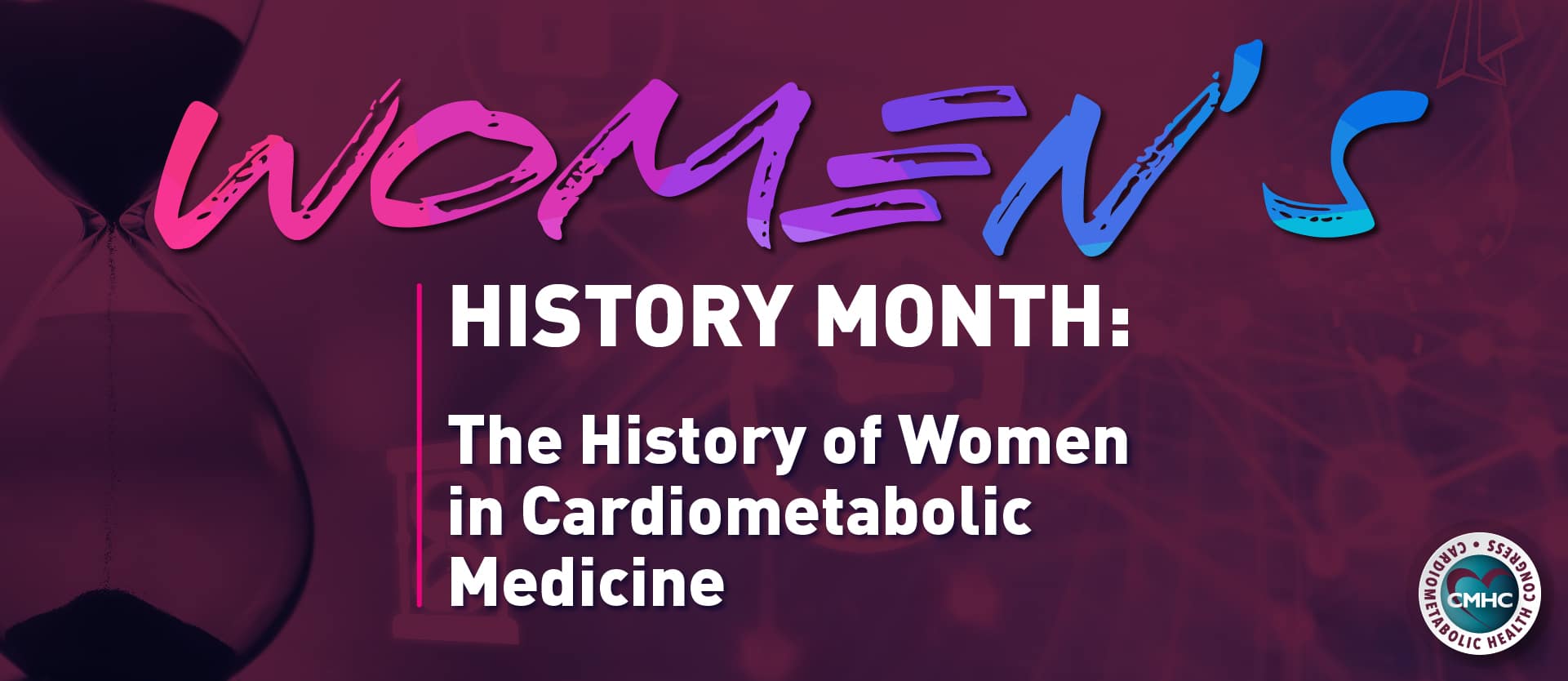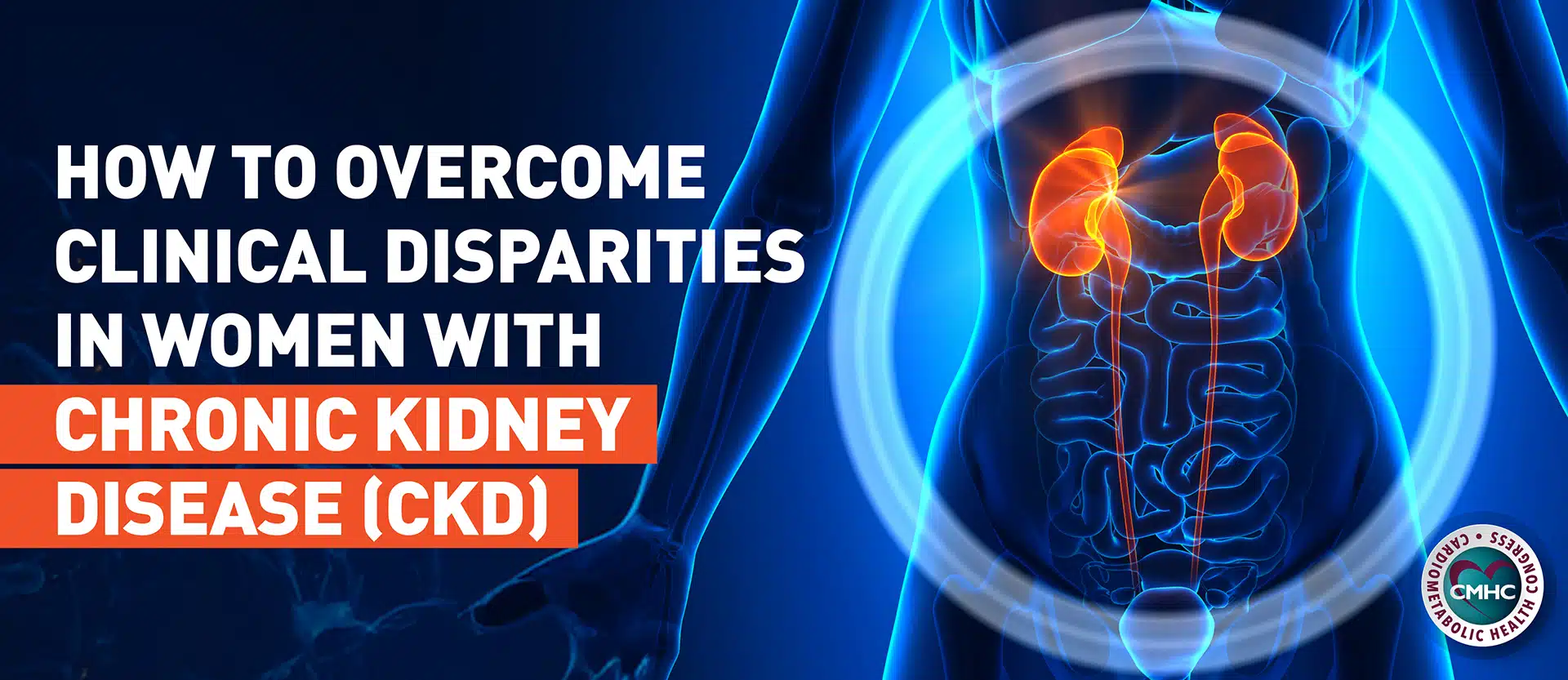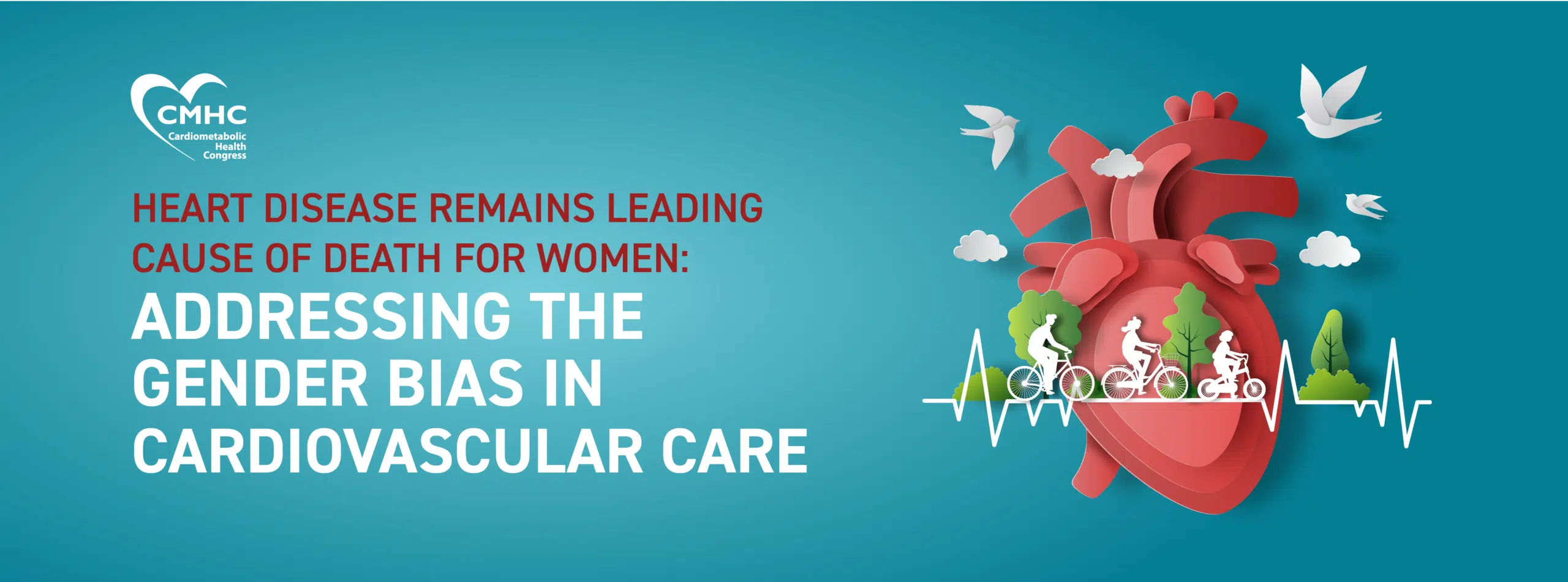Historically, women have been underrepresented and unrecognized in Western society’s timeline of scientific discovery and medical innovation despite their contributions to the field. This trend slowly began to shift when the first wave of female medical graduates in the mid-1850s spurred an influx of women pursuing careers in medicine whose research contributions not only saved countless lives but also changed the course of modern medicine. In honor of Women’s History Month, CMHC spotlights notable female medical professionals whose historic contributions helped shape the practice of medicine and pave the way for future generations of women in the cardiometabolic specialty.
Women in Cardiometabolic Medicine
Gerty Cori, MD 1896-1957
After dedicating her career to research in biochemistry, metabolism, and physiology, Dr. Gerty Cori became the first woman in the U.S. to be awarded a Nobel Prize in Physiology or Medicine for her critical discovery of the catalytic conversion of glycogen. Her studies of the decomposition of glycogen into glucose assisted the future development of effective treatment methods for diabetes.
Helen Brooke Taussig, MD 1898-1986
A pioneer in pediatric cardiology, Dr. Helen Taussig helped establish the specialty in 1949 and developed the pivotal “blue baby operation” with Drs. Alfred Blalock and Vivien Thomas. Over the course of her career, Dr. Taussig received numerous prestigious awards and became the first female president of the American Heart Association.
Gertrude Belle Elion, MD (1918-1999)
In contrast to previous trial-and-error methods, Dr. Gertrude Elion developed innovative methods for rational drug design for which she and her colleagues received a Nobel Prize. Dr. Elion and her research team devised 45 patents ranging from leukemia treatments to immunosuppressive medications that altered the organ transplant process.
Audrey Evans, MD (1925-)
Contributing extensively to the field of pediatric oncology, Dr. Audrey Evans pioneered the study and treatment of childhood cancers, in particular neuroblastoma for which she developed the Evans Staging System. Dr. Evans also played a critical role in the creation of the first Ronald McDonald House in 1974 for pediatric patients with cancer and their families.
Margaret Allen, MD (1948-)
Dr. Margaret Allen is an American cardiothoracic surgeon who was the first woman to perform a heart transplant operation. Allen was also the first woman elected as president of the United Network of Organ Sharing where she conducted an organ allocation analysis, reduced the wait time for transplants, and increased the awareness of organ donation across minority communities.
Among many other female scientists, researchers, and physicians, these incredible women and their historic contributions to the field of cardiometabolic medicine set the stage for generations of women to come. Today, women are increasingly represented at the highest levels with Antonia Novella, Joycelyn Elders, Regina Benjamin, and Susan Orsega all filing the prestigious office of the Surgeon General. Despite significant improvements in gender equity and significant gains in the industry, a gender gap remains as women make up only 34.3% of all physicians and surgeons; this number is even lower for women of color.
Although the road to gender equality is long, female physicians continue to break stereotypes, shatter glass ceilings, and make unparalleled contributions to the healthcare industry.


















